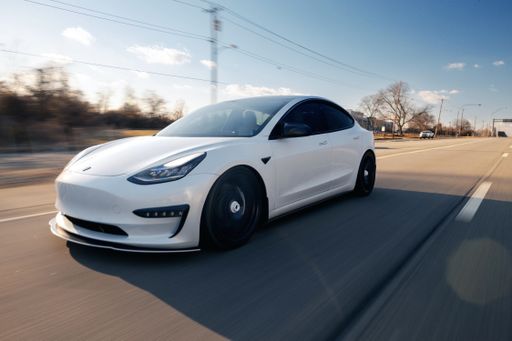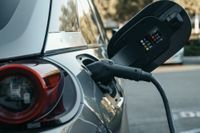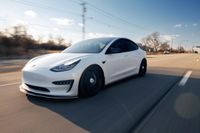Honda Debuts New Global EV Series, Honda Zero, Coming in 2026
Honda announced a new global electric vehicle series, dubbed Honda Zero, presenting it as an antidote to the recent trend of “thick, heavy” EVs seen on the road today.

Introducing Honda Zero
Honda has unveiled its new global electric vehicle (EV) series called Honda Zero, which aims to counter the prevailing trend of heavy EVs. The series includes two concepts: the Saloon and the Space-Hub.
The Saloon is a sleek, sedan-like EV that will serve as the basis for the first Honda Zero production model to be launched in 2026. Honda also introduced the Space-Hub, a boxier van-like concept. These concepts showcase Honda's lighter approach to EV development, emphasizing aerodynamics with thin vehicle architecture and a low floor.
The development of the Honda Zero series is guided by the principles of being "thin," "light," and "wise." The automaker has taken a start-from-scratch engineering approach for this lineup, and it will feature a new H-mark logo exclusively on its next-generation EVs.
Slimmer, Lighter, and More Efficient
Honda is suggesting an alternative approach to the current trend of large and heavy EVs. While many automakers focus on SUVs and trucks, Honda is prioritizing smaller, slimmer, and more lightweight vehicles with its Honda Zero series. The company is aiming to achieve higher efficiency and performance by utilizing a low and sloping design, drawing inspiration from its Formula 1 experience.
The Saloon model of the Honda Zero series features a sporty fastback shape with unique rectangular lights reminiscent of a vintage Black & Decker Dustbuster. Its interior offers a minimalistic design with Tron-like lighting accents, a central display, and pixelated wheel covers. The Space-Hub, on the other hand, resembles a minivan with a panoramic moonroof and two bench seats facing each other, suggesting potential use as an autonomous shuttle service.
Although specific details on the weight reduction strategy are yet to be revealed, Honda's collaboration with Sony on the Afeela electric car indicates a shared focus on creating lighter EVs. It remains to be seen how the Afeela fits into the Honda Zero lineup.
Advanced Features and Future Plans
Honda plans to equip the Honda Zero series with advanced driver-assist features based on its Sensing platform. These features will allow for partial and full autonomy, with the ability for drivers to switch between manual and automated driving. The company aims to introduce hands-free driving on expressways and surface streets starting in the mid-2020s.
Additionally, Honda intends to incorporate AI-powered features in its future vehicles to provide a personalized driving experience and offer route suggestions based on location information. The company has set ambitious goals for its EV lineup, including the introduction of 30 new EV models by 2030, achieving 100 percent zero-emission auto sales by 2040, and attaining carbon neutrality in all products and corporate activities by 2050.
While Honda has faced setbacks in its EV plans, such as canceling its affordable EV lineup with General Motors and the pause of GM's autonomous unit, Cruise, the introduction of the Honda Zero series demonstrates the company's commitment to the electric future of transportation.


